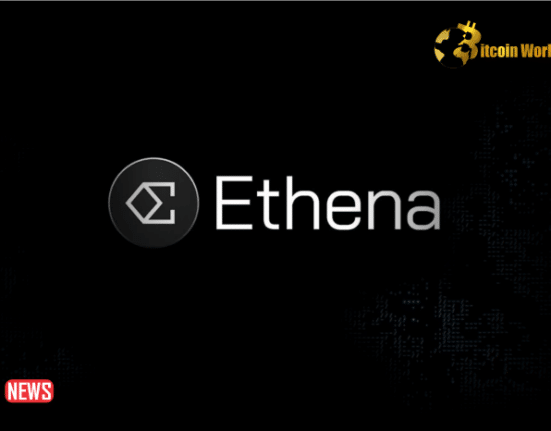On September 8, the U.S. Commodity Futures Trading Commission (CFTC) announced cracking down on three decentralized finance (DeFi) protocols: Opyn, ZeroEx, and Deridex. The regulatory body accused them of failing to register their derivatives trading services, breaking federal law. Moreover, Deridex and Opyn were charged with violating client protections under the Bank Secrecy Act. All three also faced allegations of offering illegally leveraged and margined retail commodities transactions in digital assets.
Significantly, the CFTC’s orders require Opyn, ZeroEx, and Deridex to pay penalties of $250,000, $200,000, and $100,000, respectively. They must also cease violating the Commodity Exchange Act and the CFTC’s regulations. Ian McGinley, the CFTC’s Director of Enforcement, had strong words for the DeFi space, insisting that regulations must be followed, regardless of the technology used.
However, not everyone agreed with the CFTC’s stance. Sean Adams, co-host of Bankless, saw this as another attack on DeFi, reflecting a broader sentiment within the cryptocurrency community that the regulators are hindering innovation.
Opyn, a DeFi investment strategy platform, has $23 million in total value locked (TVL) on its protocol. ZeroEx is an Ethereum-based decentralized exchange, and both are prominent players in the DeFi space. On the other hand, Deridex, an Algorand-powered derivatives platform, shut down its operations abruptly in February. Consequently, its TVL plummeted from about $150,000 to just $133 per DefiLlama.
Hence, the CFTC’s move is part of a broader trend toward stricter regulation of digital assets, including cryptocurrencies and decentralized financial platforms. While McGinley emphasized that the law applies universally, the DeFi community argues that this regulatory intervention stifles innovation.
Regardless, it’s clear that the regulatory landscape is tightening around DeFi platforms. This development is a stark reminder that while the crypto world is rapidly evolving, it is not immune to existing laws and regulations. It also signals to other players that compliance should be taken seriously to avoid hefty fines and legal repercussions.














